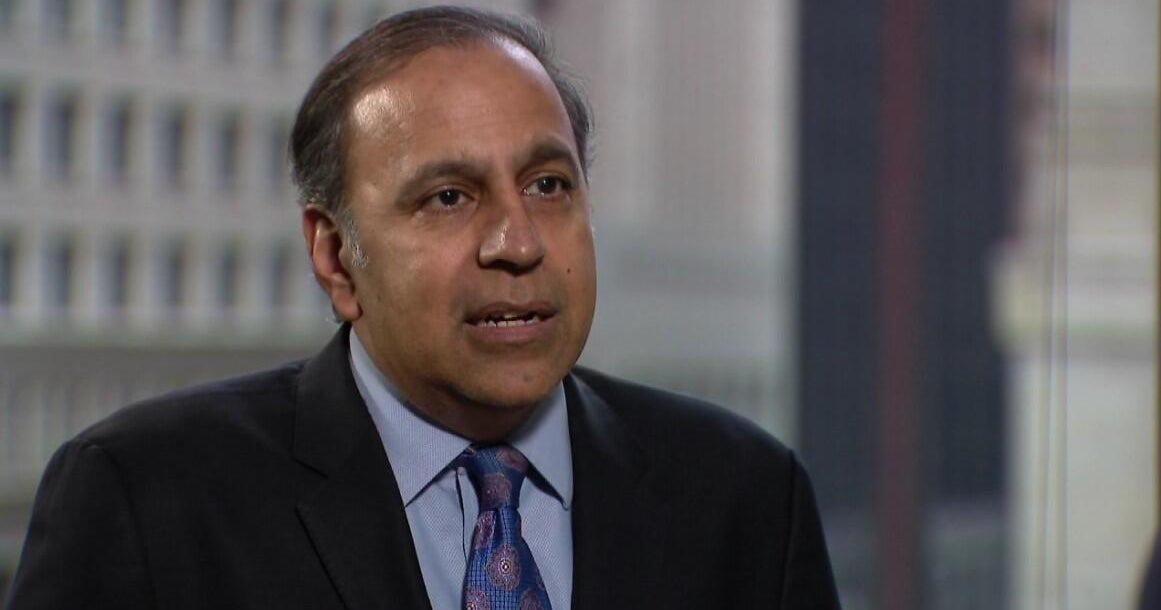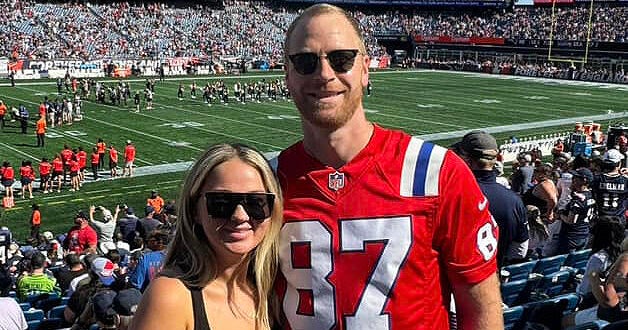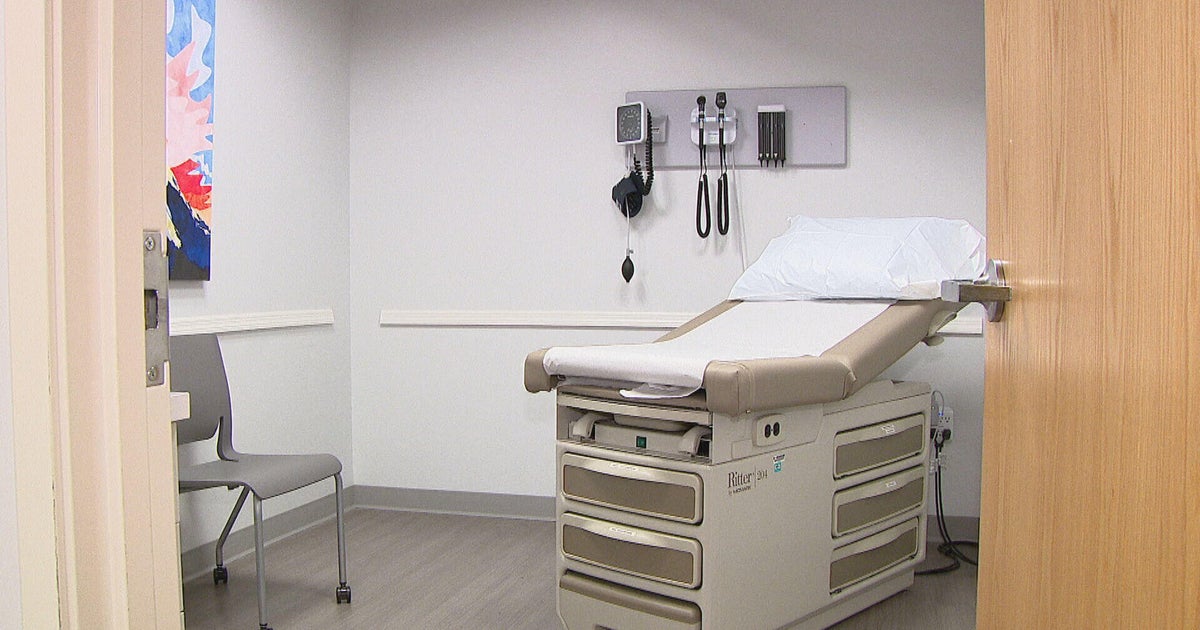Local dermatologist connecting patients with alopecia treatments
CHICAGO (CBS)-- Alopecia is a type of hair loss, often severe hair loss.
High profile people like Jada Pinkett Smith and U.S. Rep. Ayanna Pressley of Massachusetts have brought it to the forefront.
While it affects more than 300,000 people in the United States every year, there's still no cure.
CBS 2 spoke with two women who are struggling with alopecia and a doctor who is working to help them along with others.
"I'd lost hair here, some in the back," Shauna Ejeh said. "To see patches made me think, 'What's wrong with me? What's going on with me physically.'"
Just before turning 50, Ejeh's struggled with hair loss began.
"Your hair is, it's something you take for granted until you don't have it," she said.
Her journey with alopecia started seven years ago, before she knew she had the auto-immune disorder.
Dermatologist Dr. Caroline Robinson specializes in treating the condition.
"Over 50% of men and women will experience some form of hair loss in their lifetime," Robinson said. "Most people don't know this, but there are over 27 different forms of alopecia."
They can range from losing hair in patches, to only on the crown of the head or sometimes total hair loss.
Tonya Scardina told CBS 2 what she noticed first.
"The brittleness was with the hair, my scalp was tender," she said. "As time went on, I noticed more thinning in the center of the scalp further out around the side of the crown. I was trying to so self help as opposed to still trying to find professional help."
Like so many, Tonya tried hair growth products. She tried to cover up the bald spots and then went to several different doctors before finding real help with Robinson.
"In my mind, it was very life limiting to know I'd lost so much hair and the process of trying to cover up all the bald spots," Ejeh said. "At some point, there was just no way. I was going to have to figure out wigs, that I was going to have to shift my lifestyle. What if I want to go to the pool with my daughter? How does that work with a wig?"
Ejeh also turned to Robinson for a comprehensive treatment plan for her alopecia from a shampoo to topical, injections and vitamins.
"It's been a process to grown my hair and I've had a lot of success," she said.
While some forms of alopecia are treatable, there is no cure and until recently treatments were experimental.
Last June, the FDA approved a first-of-its-kind treatment for alopecia, a pill called Olumiant.
"It interferes with that so the immune response is dampened and the hair does not shed," Robinson said. "It's really helpful getting their hair back."
But Robinson says there's still a lot we don't know about alopecia.
"I'm hopeful we can get more research, more innovation in the treatment for hair loss, more options for our patients," Robinson said.
So more people like Scardina and Ejeh can find help for their hair loss and maybe some success with the right treatments.
"You can improve, you can get the assistance you need. You don't necessarily have to have that hair loss and have it progress," Scardina said.








